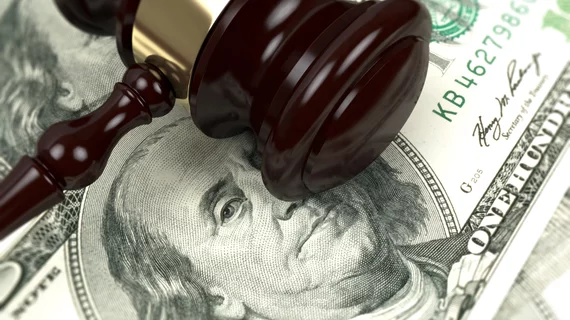Philips settles cases over faulty sleep apnea machines for $1.1B
Philips settled a class action lawsuit over recalled sleep apnea machines linked to hundreds of deaths. The case was settled for $1.1 billion.
The faulty DreamStation CPAP machines and ventilators were prescribed to patients to help them breathe at night, but breakdown of foam from the devices caused users to unknowingly breathe in particles during sleep. The issue first came to light in 2021, after thousands of complaints were submitted to the U.S. Food and Drug Administration (FDA).
The devices were voluntarily recalled in early 2023. At the time, the FDA linked at least 561 deaths to the sleep apnea machines, which Philips stopped selling in the U.S. earlier this year. A previous lawsuit resulted in the company paying out over $479 million to victims as compensation.
In a video statement, Philips said the agreement with plaintiffs aims to resolve all ongoing personal injury and other litigation related to the devices. The company did not admit fault or wrongdoing.
"The remediation of the sleep therapy devices for patients is almost complete, and the test results to date show the use of these devices is not expected to result in appreciable harm to health," Roy Jakobs, CEO of Philips, said in the statement, adding that the company “regret(s) the concern(s) that patients may have experienced.”
As part of a related agreement, Philips said insurance companies will be paying 540 million euros to help cover expenses related to the recalls. Settlement payments are expected to be made in 2025, the company said.
Philips stock soared more than 30 percent on the news.

